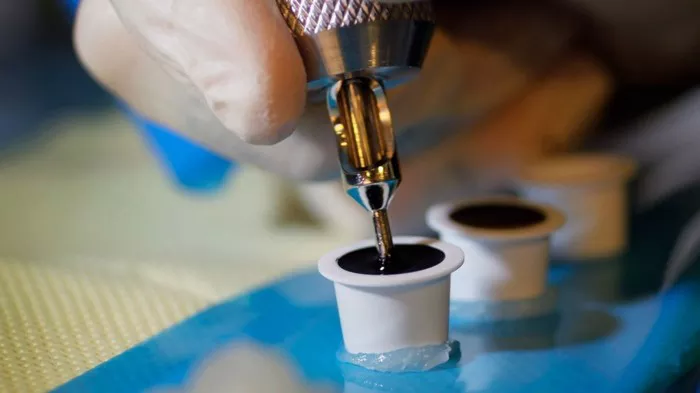A new study reveals that approximately 35% of tattoo and permanent makeup inks sold in the United States are contaminated with bacteria.
Researchers tested 75 inks from 14 different manufacturers to identify the presence of anaerobic bacteria, which thrive without oxygen, and aerobic bacteria, which need oxygen. This study marks the first investigation into anaerobic bacteria in commercial tattoo inks, highlighting its significance since the dermal layer of the skin is a low-oxygen environment.
Published in Applied and Environmental Microbiology, the study found that even sealed, unopened tattoo inks could harbor anaerobic bacteria. Additionally, labels claiming sterility did not guarantee the absence of bacteria.
The researchers suggest that both anaerobic and aerobic bacteria contribute to the rise in ink-related infections, which have increased with the popularity of tattoos over the past decade. The findings emphasize the need for rigorous monitoring of inks for bacterial contamination.
The study team plans to research better methods for detecting microbes in tattoo inks and to further understand the contamination issues.
The U.S. Food and Drug Administration (FDA) reports that tattoos are more popular than ever, with about 30% of Americans having at least one, according to an Ipsos poll. Although tattoo inks fall under the FDA’s oversight, the agency has received reports of infections caused by contaminated inks. This led to a 2019 safety alert about certain contaminated inks. In 2023, the FDA issued guidance to ink manufacturers and distributors on recognizing and preventing bacterial contamination in tattoo inks.

